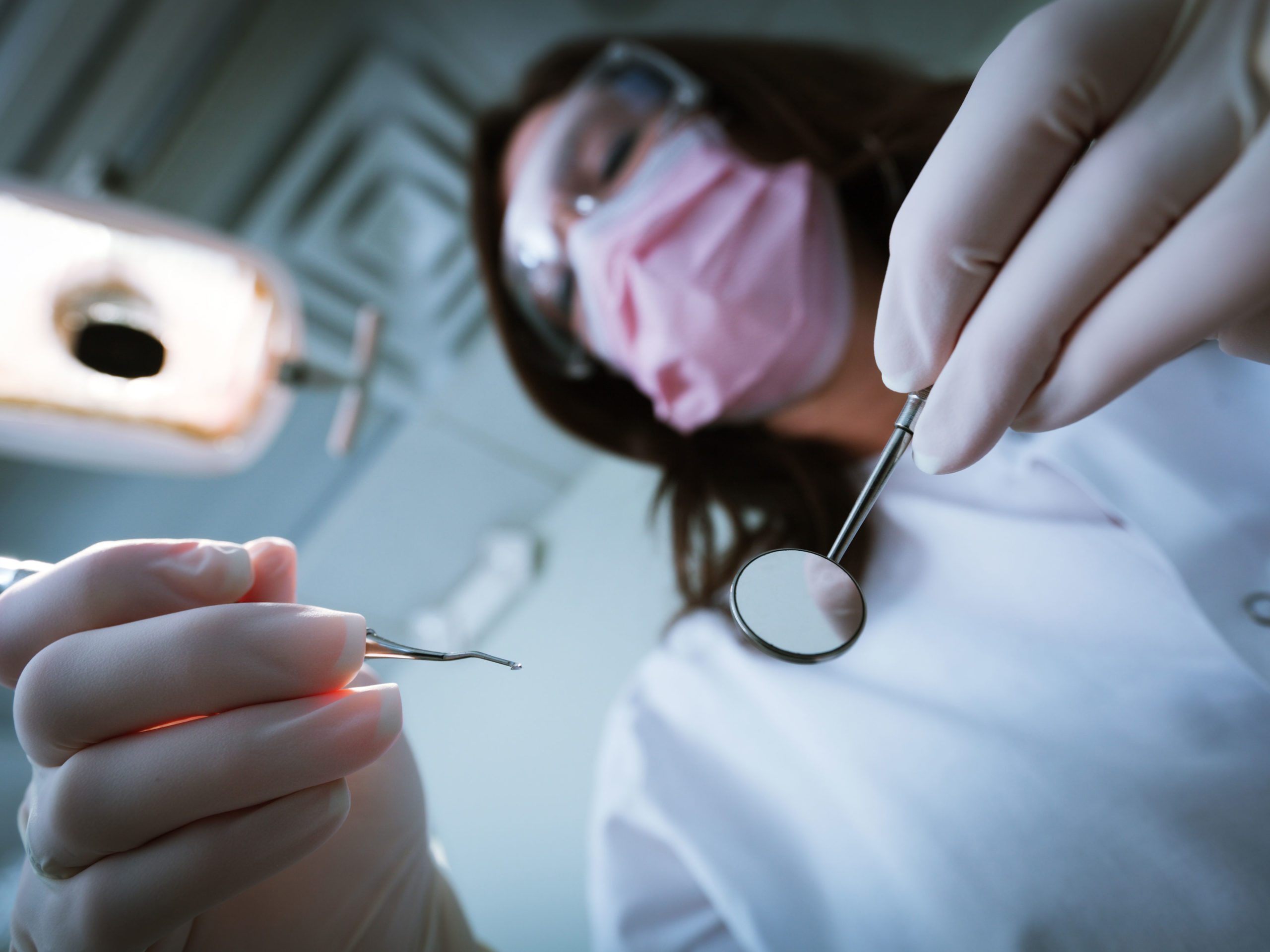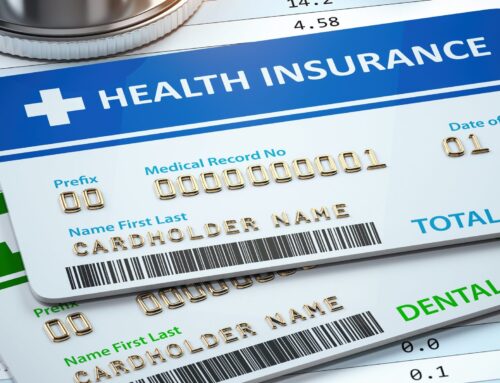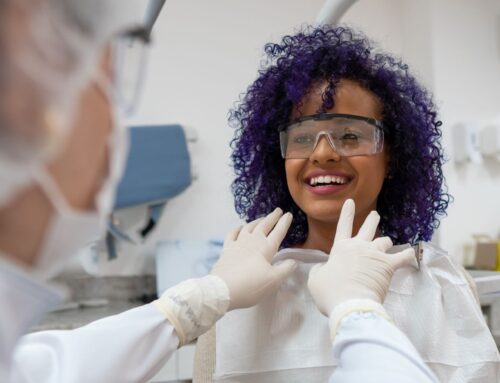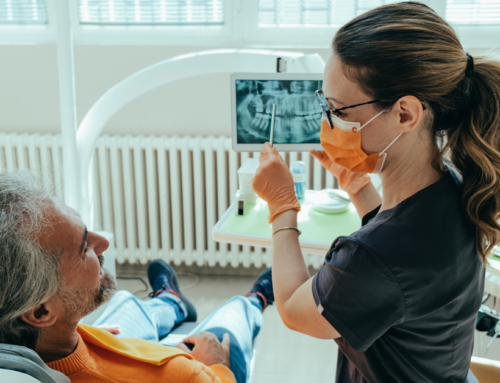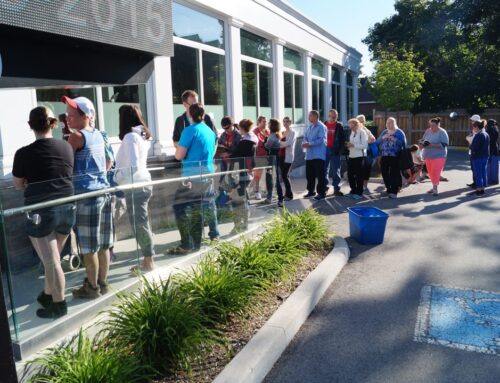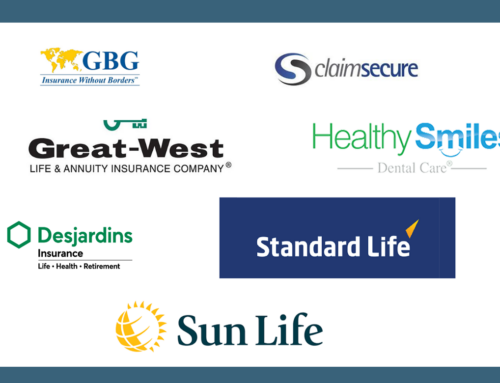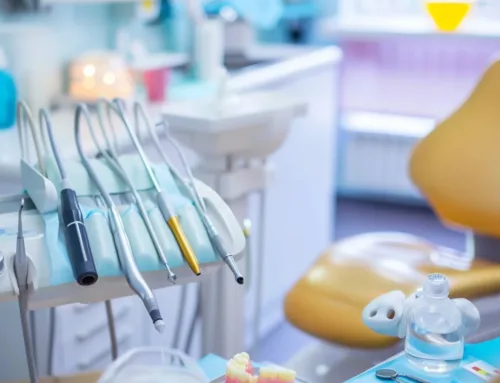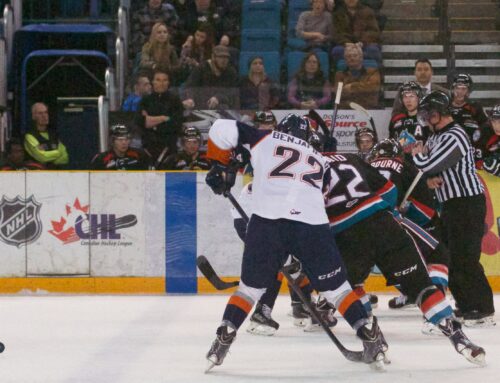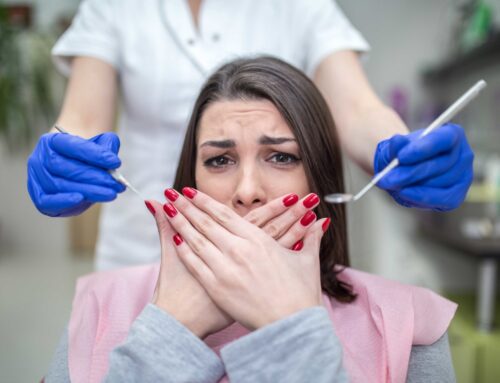Finding a Emergency Dentist Near Me
Dental emergencies can occur at any point of time in life. They are unexpected and can happen to anyone, but what’s most important is knowing how to deal with them.
When you are extremely sick or injured and need medical attention immediately, you visit the emergency room at the hospital nearest to you. Or you call for an ambulance. But what do you do when you face a dental emergency? It might not be possible for your family dentist to see you right away, but you could need immediate medical attention.
In this blog, we will discuss the importance of treating medical emergencies immediately and why it’s imperative to have access to same day emergency dental care. We will also discuss:
- How to identify a dental emergency?
- Why is it important to get emergency dental care as soon as possible?
- 7 dental emergencies that are most common.
Georgian Dental is available if you ever need emergency dental services in Barrie. From a knocked-out tooth to sudden jaw pain, no matter what kind of dental emergency you may experience, we will take care of your dental emergency.
Identifying a Dental Emergency
Dental emergencies are quite common, and several people experience them. But how should we identify when there is an emergency? There are general dental problems that can wait to be treated, and then there are genuine emergencies that may cost you a tooth or jeopardize your health if not treated immediately. To recognize a dental emergency, ask yourself these following questions:
- Are you experiencing pain?
Excruciating pain and severe bleeding are signs of an emergency.
- Did you lose a tooth?
Immediate treatment could help save your damaged or broken tooth.
- Are your teeth wobbly?
As an adult, you should never have loose teeth. Having loose teeth could be a serious issue even if it doesn’t cause any pain.
- Are your teeth infected?
Abscesses or pus in the mouth is a sign of serious infection and is hazardous to health. It is accompanied by swelling in the gums and around the jaw and should be treated as soon as possible. - Is your mouth bleeding?
Bleeding is a sign of emergency and should be stopped right away.
Generally, any dental problem that involves severe pain and bleeding, or the risk of losing a tooth can be considered a dental emergency. This also includes high fevers caused due to severe infections. If you are experiencing any of these conditions, you should get in touch with your dentist at once and report your situation. If they are not available, visit the nearest emergency dental clinic or the ER.
Treating Dental Emergencies Immediately
Dental emergencies are a matter of utmost importance and should be treated straightaway. Here are some reasons why:
- To save your teeth on time: The faster you receive dental emergency service, the better your chances are at getting your injured or broken teeth repaired. Whether the tooth is completely knocked out or broken into pieces, it is best to hold on to the broken part(s) and bring it to the dentist. Your emergency dentist will be able to decide if it’s amendable or you need some other treatment.
- To avoid excessive pain: Most dental emergencies are accompanied by pain. The longer you avoid treatment, the more you will suffer. Getting medical attention right away will not only help treat the affected area but will also relieve discomfort.
- To control infection: An open wound or injury is often associated with infection. The longer it is left untreated, the higher chances there are that the infection might increase. Untreated infections inside the mouth can especially be dangerous as they can spread within the body easily, proving to be life-threatening.
Therefore, to save your precious teeth and smile from permanent damage, it is necessary to consult an emergency dentist right away.
Types of Common Dental Emergencies
Toothache:
Pain is always a bad sign: it could imply tooth decay or even something worse. Although, certain toothaches do not require immediate medical care, but if the toothache is accompanied by swelling, it is a matter of dental emergency. In such cases, avoid taking any over-the-counter pain medication as contact with it could irritate the swollen gums even more. As an alternative, applying cold compress or an ice pack to the swelling will help. Seek emergency dental treatment as soon as you can.
After treatment, make sure that you practice basic oral hygiene every day to avoid such emergencies in the future. Your dentist will also stress about the necessity of daily dental hygiene as it helps to keep problems like cavities and tooth decay at bay.
Chipped or Broken Tooth:
A broken or a chipped tooth is when a piece of the tooth enamel breaks off. This could happen because of various reasons: you chewed on something too hard, you fell on your face, or your tooth got knocked out. In this situation, rinse your mouth with warm water right away. If you are bleeding, apply pressure on the site via a gauze pad to control blood loss. To reduce pain and swelling, apply cold compression to the swollen area and reach out for urgent dental care. Your emergency dentist will recommend that you avoid brittle foods in the future.
Lost Crown or Filling:
Dental crowns and fillings are treatments that involve restoration of damaged or missing teeth. Along with that, they also restore your smile and prevent bacteria or diseases from spreading inside your mouth. When such restorations get lost or damaged, it is optimal to get them checked ASAP so that reinfection and further harm can be avoided. While waiting for the nearest emergency dental care, avoid trying to fix the broken tooth yourself as you might damage it even more. If possible, keep the restoration and the crown in a Ziplock bag and take it to the dentist. They can decide whether you need new implants, or if the old ones can be reinstated.
Broken Braces:
Traditional metallic braces are usually tough and long-lasting. They are designed to endure the daily activities of the mouth like chewing, biting, eating, talking, etc. But sometimes, even these rough and tough wires can break and accidentally hurt your gums and the insides of your mouth. This can cause sudden pain and bleeding. Thus, scheduling an emergency dentist appointment is critical. Also, broken braces can cause your teeth to misalign again, causing greater problems for your mouth.
While you wait for medical care, bend the broken wire in such a position that it can’t hurt you anymore. You can also cover the broken end with cotton or a gauze pad.
Abscesses:
Bacteria and infection in the mouth are dangerous and life-threatening. If left untreated, these infections can spread around the adjoining teeth and gums, festering the entire mouth. It is also possible for the infection to spread in the entire body from here. If you are not sure how to recognize an abscess, look for a swollen, pimple-like spot on your gums. Contact your emergency dentist instantly if you spot an abscess inside your mouth. Until then, make sure to do salt-water rinses and apply ice over the swelling.
Post tooth extraction bleeding and pain:
Post operative bleeding and pain is normal, and your dentist will provide medication for it. Although the pain will persist for a while, bleeding should stop within an hour. But if it doesn’t, call your dentist right away. To control blood loss in the meantime, apply pressure on the extraction site by placing a thick gauze pad and biting down on it. Avoid any facial activity until you have received medical help.
Knocked-out Tooth:
If your tooth has been knocked out, you’re likely in dire need of emergency restoration. Unless it has gone AWOL, hold on to your broken crown as your dentist might be able to restore it. If it is dirty, rinse your tooth but don’t scrub off the attached tissue fragments. Try to reach a dentist within an hour as the sooner you receive treatment, the better chances there are of restoration. While you wait for medical help, preserve your broken tooth in a solution of milk or water with salt.
Georgian Dental at Your Service
Preventing dental emergencies can be easy if you follow the basics of dental care and keep oral hygiene a top priority. If you love sports and are an active player, wearing a mouth guard for protection will go a long way. If you are a foodie and love to try all kinds of delicacies, watch out for the tough stuff like hard candies and bone-in meats as they can sometimes break or chip even the strongest set of teeth. Some people have oral fixations like smoking, nail-biting, chewing on things that aren’t food, like pens and pencils. Such habits, especially smoking can cause severe damage to the teeth. If you have the urge to chew on something, sugarless gum is a good option as it stimulates saliva production in the mouth which is healthy.
Practicing a comprehensive oral hygiene routine will surely help you keep dental emergencies at bay, but even if they happen, Georgian Dental is here to take care of all your emergency dental needs. Our team of dental professionals are greatly experienced in dealing with dental emergencies and will provide you with timely medical care.
Emergency Appointments
If you’re having dental pain and are looking to book an immediate appointment, please call the number below now.
